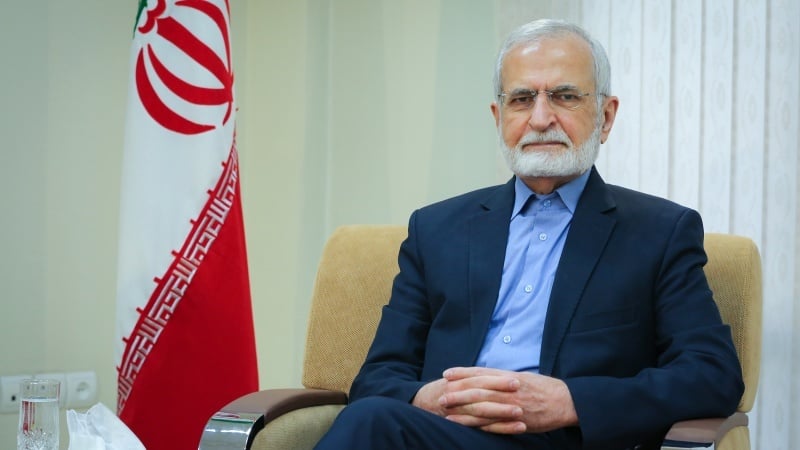Kharrazi: Islamic Republic open to negotiate but rejects imposition
-

Kamal Kharrazi, head of Iran’s Strategic Council on Foreign Relations
Pars Today – The head of Iran’s Strategic Council on Foreign Relations emphasized that the Islamic Republic is open to negotiation but does not accept imposition.
According to Pars Today, Kamal Kharrazi, head of Iran’s Strategic Council on Foreign Relations, stated that if negotiations are conducted based on logical principles and the dignity of the Islamic Republic is respected, Iran is ready to engage in talks. He emphasized that Iran is prepared to negotiate now, provided that the governing principles of negotiation are observed and nothing is imposed on the country—and if any attempt at imposition occurs, Iran will stand firm against it.
In an interview with KHAMENEI.IR, Kamal Kharrazi added that throughout the negotiations, Iran has always prioritized the dignity of the Islamic Republic, never agreeing to any deal that would compromise it, and consistently emphasized Iran’s right to enrichment. At the same time, Iran demonstrated flexibility in negotiations to help reach a result. Thus, the experience of the three principles—dignity, wisdom, and expediency—was clearly evident in these nuclear talks.
Kharrazi noted that U.S. President Donald Trump carried out a military attack during the negotiations, which contradicts the principles of diplomacy. He added that European countries also failed to fulfill their commitments. Despite having concluded that Iran should accept zero enrichment, they claimed that they must rely on the JCPOA and activated the snapback mechanism. According to Kharrazi, these actions go against the fundamental principles outlined in diplomatic practice.
The head of Iran’s Strategic Council on Foreign Relations and a member of the Expediency Council emphasized that the policy of self-reliance is one of the Islamic Republic’s core policies. He stressed that uranium enrichment is an inalienable right of the country, not something to be relinquished or solely dependent on others, and that it is in the nation’s best interest.
Kharrazi commented on the acceptance of the ceasefire, noting that Israel faced significant pressure and that Iran’s missile attacks were effective, creating numerous challenges within the Occupied Territories. It was estimated that the 12-day war resulted in approximately $2.4 billion in direct costs for Israel, not including indirect costs. These pressures—both economic and psychological within the occupied lands—were significant. Additionally, the Americans did not want the conflict to continue, spread in the region, or further entangle them, as it was not in their interests. Consequently, they called for a ceasefire. Kharrazi added that Iran had stated from the outset that if the other side did not strike, Iran would not continue, and therefore Iran also halted its military operations.


